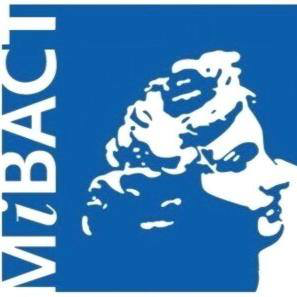Summary (English)
Since 2015, the Trasimeno Archaeological Project has been investigating a Roman villa located between the localities of Gioiella and Vaiano in the territory of Castiglione del Lago. A preliminary surface survey of the site (2015) indicated that the villa was occupied from the 2nd century B.C. through the 3rd century A.D. While there is extensive evidence for the Etruscan presence, especially from tombs, the Gioiella-Vaiano Villa is the first Roman period site to be scientifically investigated in this region. Of particular interest is understanding the changing role of the villa in the economy and social life of Central Italy from the mid-Republican to the late Imperial periods.
Four seasons of excavation (2016-2019) has revealed a bath house with a partially preserved hypocaust system and a monumental nymphaeum with a water basin and walls decorated to look like the interior of a cave. Preliminary analysis of the ceramics and other objects recovered from the site suggest that in the early imperial period the owners of the villa were wealthy and imported materials from around the Roman empire. Several brick stamps have been recovered with the name L.ATALLIANI, which may represent an owner of the villa in the early Imperial period. It appears at least during the first centuries A.D. the villa served as a locus for economic production as well as for the display of social status and power.
- Rebecca Schindler - DePauw University, Indiana, United States
Director
- Rebecca Schindler, Professor of Classical Studies, DePauw University, Indiana, United States
Team
- Giampiero Bevagna - Umbra Institute
- Pedar Foss - DePauw University
- Stefano Spiganti, Intrageo
Research Body
- DePauw University (Indiana, US)
- Umbra Institute (Perugia, IT)
Funding Body
- Comune di Castiglione del Lago
- DePauw University
- Umbra Institute
Images
- No files have been added yet




